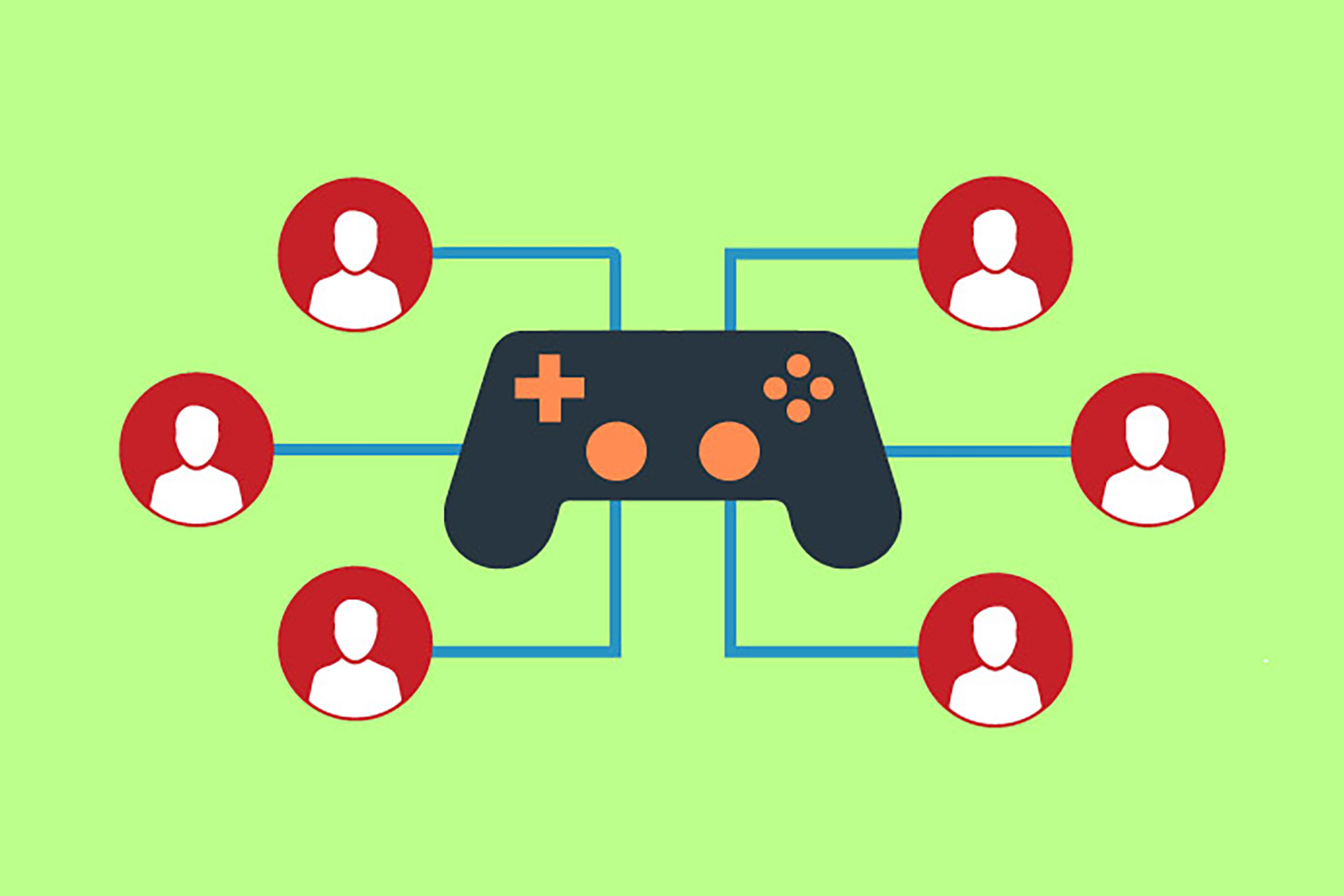Exploring Network Types in Unreal Engine
Unreal Engine is a powerful tool for creating multiplayer games, offering a robust networking framework that supports various architectures. Understanding the differences between Dedicated Servers, Listen Servers, and Peer-to-Peer (P2P) setups is crucial when designing your game’s multiplayer experience. Each option has its strengths and trade-offs, making them suitable for different use cases. Let’s delve into the specifics of these network types.
Dedicated Servers
A Dedicated Server is a standalone application running on a server machine, separate from the game clients. It acts as the authoritative source for game logic, physics, and synchronization, ensuring consistent gameplay for all connected players.
Advantages:
Stability: Since the server runs independently, it isn’t affected by any single player’s hardware or connection issues.
Scalability: Dedicated servers can handle a large number of players, especially with proper load balancing.
Fairness: The server ensures equal latency handling and authoritative game states, reducing cheating opportunities.
Disadvantages:
Cost: Hosting dedicated servers requires additional infrastructure and maintenance costs.
Setup Complexity: Requires knowledge of server deployment and management.
Use Cases:
Massively Multiplayer Online (MMO) games.
Competitive multiplayer games requiring low latency and high fairness, such as first-person shooters.
Listen Servers
A Listen Server is a hybrid model where one player hosts the game while also playing. The host’s machine runs both the client and server instances.
Advantages:
Ease of Use: Simple to set up, often used for smaller games or quick multiplayer sessions.
Cost-Effective: No need for additional server infrastructure.
Disadvantages:
Host Dependency: If the host disconnects, the game session ends for everyone.
Performance: The host machine handles both server and client operations, which can lead to performance bottlenecks.
Fairness: The host enjoys the lowest latency, potentially leading to an unfair advantage.
Use Cases:
Cooperative multiplayer games.
Casual multiplayer experiences where reliability isn’t critical.
Peer-to-Peer (P2P)
In a Peer-to-Peer setup, there is no centralized server. Instead, all clients communicate directly with each other, sharing game data and state updates.
Advantages:
Cost-Effective: Eliminates the need for server infrastructure.
Dynamic Hosting: Players can connect and host sessions without centralized servers.
Disadvantages:
Security Risks: Higher potential for cheating due to lack of an authoritative server.
Synchronization Issues: Ensuring consistent gameplay across clients can be challenging.
Network Limitations: Relies on players’ network capabilities, which can vary significantly.
Use Cases:
Local multiplayer games over a LAN.
Small-scale online games with minimal competitive focus.
Choosing the Right Network Type
The choice between Dedicated Servers, Listen Servers, and P2P depends on your game’s requirements:
For large-scale, competitive, or persistent online games, Dedicated Servers are the best option.
For smaller, cooperative games or indie projects, Listen Servers can provide a cost-effective solution.
For local or lightweight multiplayer experiences, Peer-to-Peer might suffice.
Conclusion
Understanding the trade-offs between these network types is essential for creating a multiplayer game that meets players’ expectations. Unreal Engine’s flexibility allows developers to implement the most suitable architecture for their projects, balancing cost, performance, and player experience. By carefully considering your game’s needs, you can deliver an engaging and seamless multiplayer experience.
